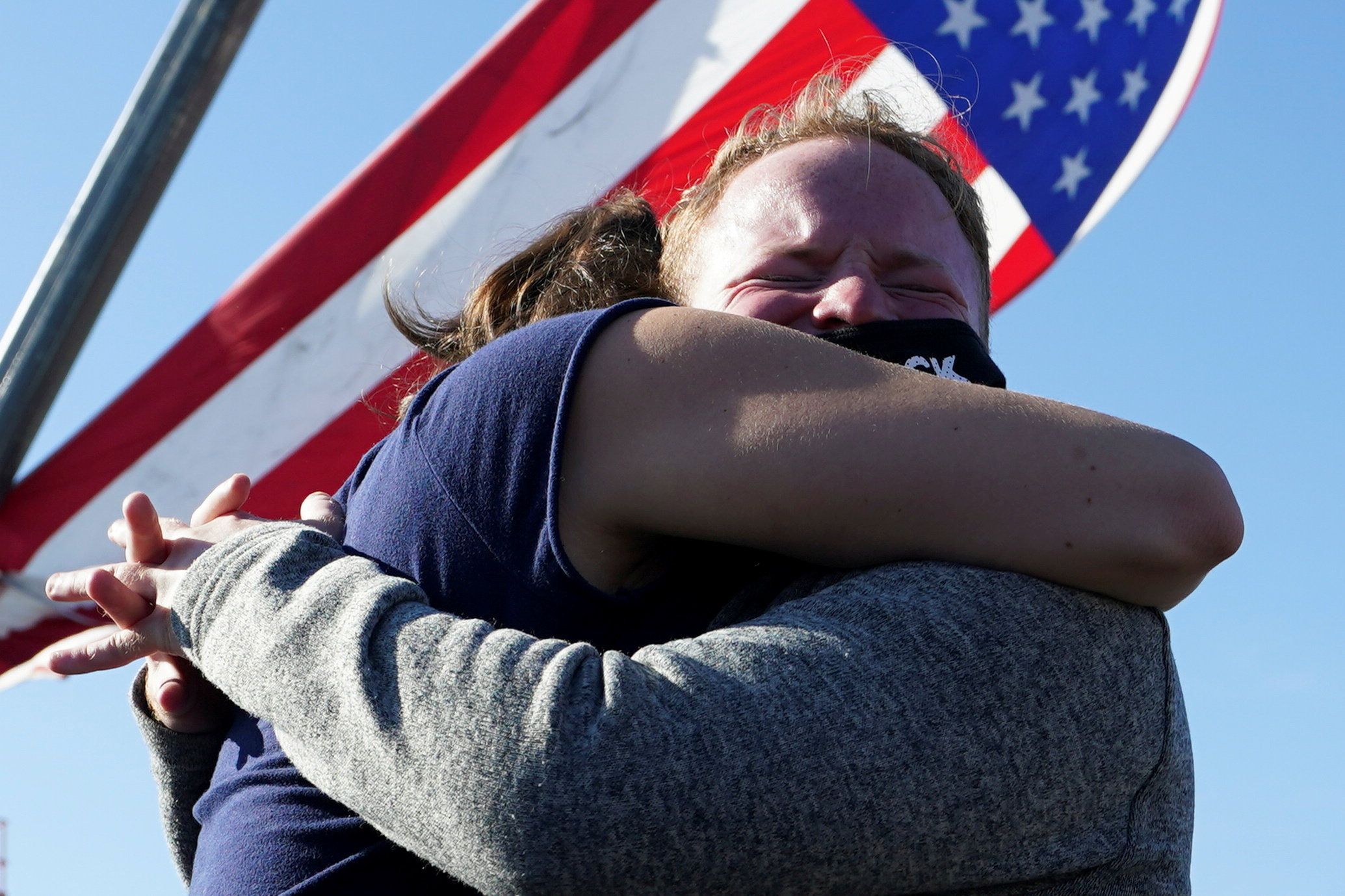News
November 09, 2020
20: The 2020 US election revealed that Americans are more divided than they have been in decades. But they don't only disagree on policy: only 20 percent of Americans surveyed by Pew believe that supporters of Joe Biden and Donald Trump share the same core American values and goals for the country's future.
4 billion: The European Union said it will impose $4 billion worth of tariffs on US goods, a response to the Trump administration applying levies on European products including French wine and Italian cheese. The EU says it hopes to work with the incoming Biden administration to resolve the trade disputes, which are tied in part to a long-standing disagreement over EU and US subsidies for their respective aircraft giants, Airbus and Boeing.
9,600: A crate (100 pieces) of sweet Japanese mandarins called mikan sold for a whopping $9,600 this week at an agricultural market in Tokyo. The coveted fruits from the southern island of Shikoku are often sold at an inflated price because they are only produced by around 100 farmers. The lucky buyer remains unknown but well-fed.
6: After six weeks of fighting between Azeris and Armenians over the disputed Nagorno-Karabakh region, Armenian officials say they have lost control over Shusha (which Armenians call Shushi), the enclave's second largest city. It's a big setback for ethnic Armenians who want to maintain control of the territory, which is internationally recognized as part of Azerbaijan.
More For You
Miami Mayor-elect Eileen Higgins points as she thanks her staff and supporters on the night of the general election, on Tuesday, Nov. 4, 2025.
Carl Juste/Miami Herald/TNS/ABACAPRESS.COM
A Democrat won Miami’s mayoral race for the first time in nearly 30 years. The Republican defeat will ring some alarms for the party – and their support among Latino voters.
Most Popular
Walmart’s $350 billion commitment to American manufacturing means two-thirds of the products we buy come straight from our backyard to yours. From New Jersey hot sauce to grills made in Tennessee, Walmart is stocking the shelves with products rooted in local communities. The impact? Over 750,000 American jobs - putting more people to work and keeping communities strong. Learn more here.
© 2025 GZERO Media. All Rights Reserved | A Eurasia Group media company.
